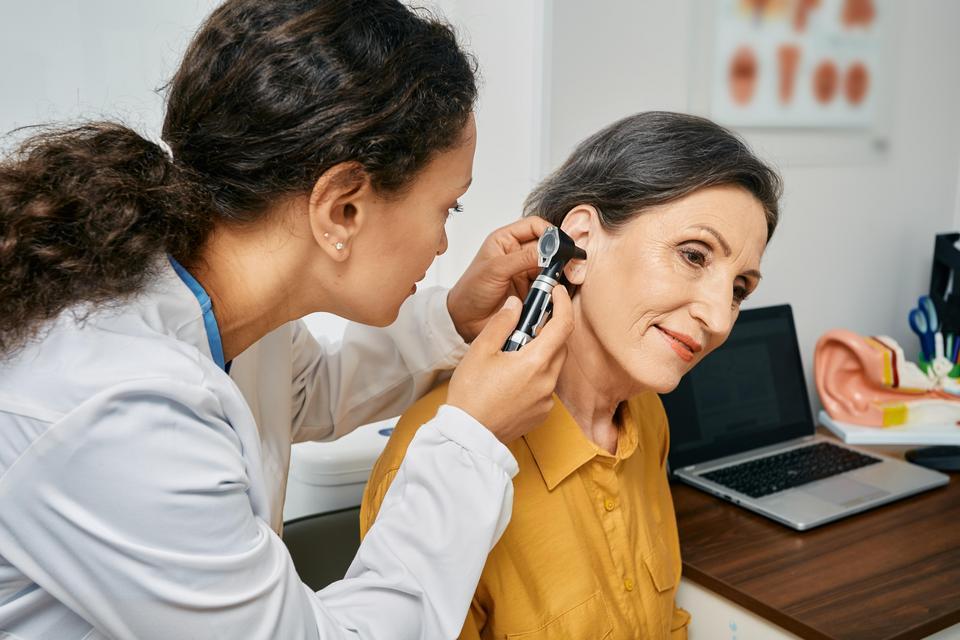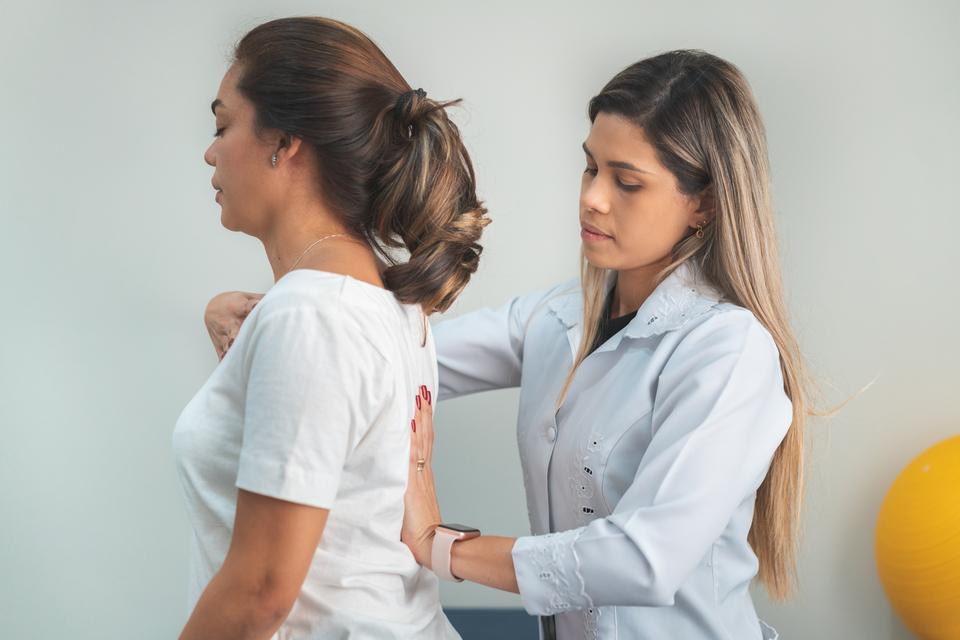Lymphedema is swelling that occurs when too much lymph fluid collects in parts of the body, such as an arm or leg. Part of the lymph system, which belongs to the immune system, lymph fluid carries cells and other infection-fighting substances throughout the body. Small glands called lymph nodes help lymph fluid drain, but if the nodes or lymph vessels are blocked, damaged or removed—lymph node removal is a common part of cancer surgery—excess fluid can accumulate, causing painful swelling.
Lymphedema is a common side effect of cancer treatment. For many people, lymphedema is a long-term condition, but proper care can reduce symptoms and improve quality of life.
Altru’s lymphedema therapists have advanced training and are certified in lymphedema care and management. Our skilled team of lymphedema therapists makes Altru the premier destination for lymphedema therapy in the Red River Valley. Altru’s lymphedema specialists partner with our wound clinic and prosthetics and orthotics department to provide patients with comprehensive lymphedema management services.
To schedule an appointment with a lymphedema therapist, call 701.780.5000.
What Causes Lymphedema?
- Arthritis
- A tumor blocking the lymph system
- Cardiovascular disease
- Damage to the lymph nodes from radiation therapy to treat cancer
- Eczema
- Genetic changes to the lymphatic system
- Infection
- Removal of lymph nodes during surgery to treat cancer
- Traumatic injury
What are the Symptoms of Lymphedema?
- Difficulty walking
- Rapid weight gain
- Swelling in the legs, ankles or arms that gets worse over time
- Tight, dry, flaky or discolored skin in the affected area
- Tingling, burning, itching, heaviness, fatigue or pain in the affected area
How is Lymphedema Diagnosed?
To diagnose lymphedema, your physician will ask about your medical history, including treatments for cancer you’ve undergone and any symptoms you’ve experienced. Your physician will also conduct a physical exam, which may include measuring the arm or leg suspected of being affected by lymphedema to see whether it’s bigger than the other arm or leg.
Imaging exams, such as CT and MRI, can show blockages in the lymphatic system. A type of nuclear medicine test called lymphoscintigraphy can also show the lymphatic system and help physicians find obstructions.
How Does Lymphedema Treatment Help?
- Reduces size of affected area
- Reduces the likelihood of infections—The condition can make you more susceptible to infection from small wounds, such as insect bites, animal scratches or minor cuts. These infections include cellulitis (a bacterial skin infection) and lymphangitis (an infection of the lymph vessels that is often caused by a skin infection). Lymphedema can also complicate wound healing.
- Improves mobility—Lymphedema can cause joint soreness in the affected limb.
- Offers the skills and knowledge to manage the condition and maintain everyday activity
How is Lymphedema Treated?
Currently, there’s no cure for lymphedema, but treatment can help you manage symptoms and prevent the condition from worsening.
Altru lymphedema therapists may recommend:
- Exercise to help reduce swelling and promote weight loss
- Wearing compression stockings to help redirect excess lymph fluid away from the affected arm or leg
- Light massage to help move lymph fluid out of the affected area
- Skincare services to reduce risk of infection
- Self-management techniques you can use at home to keep lymphedema under control
Additional Resources
- American Cancer Society (Understanding Lymphedema)
- American Cancer Society (What Every Women With Breast Cancer Should Know)
- National Lymphedema Network







